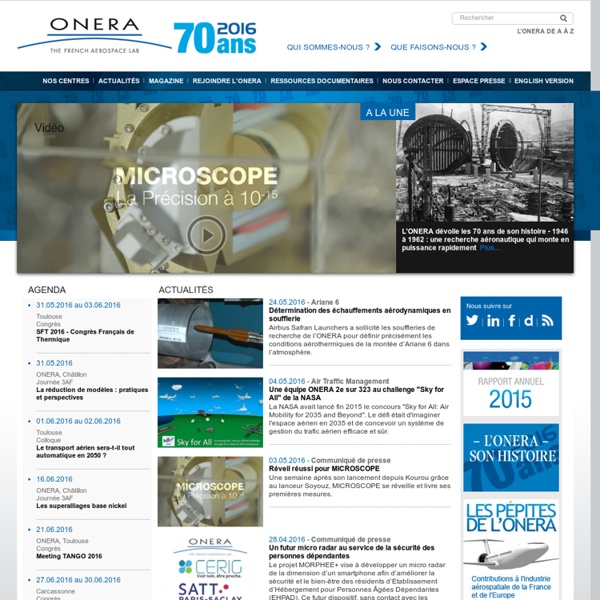



EDDAM developer position - Surface du verre et interfaces Un article de Surface du verre et interfaces. French version Junior developer position on 3-D image processing Description of the position The goal of this 1-year project is to build a user-friendly and good-quality 3-D image processing package from the miscellaneous codebases written by different research teams working together on X-ray tomography. Scientific context The French EDDAM project focuses on the ultrafast 3-D X-ray imaging of amorphous materials under mechanical load or thermal treatment. Requirements Good abilities for team working. Practical aspects The position is available from February 2012. The salary depends on the level of experience of the candidate. Your employer will be the CNRS (French National Research Center), and you will be located at the joint unit CNRS/Saint-Gobain, in Aubervilliers, close to Paris (France). Candidates should send a CV with cover letter to Emmanuelle Gouillart at emmanuelle.gouillart@saint-gobain.com.
untitled List of academic databases and search engines From Wikipedia, the free encyclopedia This article contains a representative list of notable databases and search engines useful in an academic setting for finding and accessing articles in academic journals, institutional repositories, archives, or other collections of scientific and other articles. Databases and search engines differ substantially in terms of coverage and retrieval qualities.[1] Users need to account for qualities and limitations of databases and search engines, especially those searching systematically for records such as in systematic reviews or meta-analyses.[2] As the distinction between a database and a search engine is unclear for these complex document retrieval systems, see: the general list of search engines for all-purpose search engines that can be used for academic purposesthe article about bibliographic databases for information about databases giving bibliographic information about finding books and journal articles. Operating services[edit] [edit] [edit]
SDID :: Accueil le laboratoire ICAR (UMR 5191), l'université Lumière Lyon II en collaboration avec le CNRS, l'ENS Lyon, l'INRP, l'IUFM-Université Lyon 1 et la Région Rhône-Alpes du 24 au 26 juin 2010 Problématisation Les contextes de transmission de savoirs se diversifient et se complexifient pour plusieurs raisons : des besoins incessants de formation dans une société fondée sur l’économie de la connaissance ; des politiques publiques parfois contradictoires visant une certaine libéralisation du secteur éducatif et prescrivant dans le même temps toujours plus l’action éducative ; une hétérogénéité linguistique, culturelle et sociale des publics apprenants ; un usage toujours renouvelé des technologies numériques, etc. De même, cette hétérogénéité et cette complexité sociales s’inscrivent dans des logiques et des finalités d’action individuelles et collectives plurielles (Lahire, 2001, Morin 1999). Objet du colloque Les axes retenus sont : AXE 1 : Interactions didactiques, disciplines et finalités J.
LARA - Recherche de rapports scientifiques et techniques français Polit'bistro : des politiques, du café | Un blog de doctorants en science politique. RENATIS Résumé : Le TGE Adonis est le seul grand équipement pour les sciences humaines et sociales ; il est l’une des très grandes infrastructures de recherche inscrites dans la feuille de route ESFRI (European Strategy Forum on Research Infrastructures - Forum stratégique européen sur les infrastructures de recherche). Il met à la disposition des laboratoires une grille de services offrant hébergement, services web, ferme de calcul et archivage à long terme. Sa plateforme de recherche ISIDORE permet un accès unifié à plus d’un million de ressources numériques. En s’appuyant sur ces réalisations, la France participe à DARIAH, Digital Research Infrastructure for the Arts and Humanities. Le TGE Adonis est aussi impliqué dans les projets NEDIMAH (Network for Digital Methods in the Arts and Humanities) et WEBDATANET. Abstract : The TGE Adonis and European projects These projects are a basis for France’s participation in DARIAH, the Digital Research Infrastructure for the Arts and Humanities.
Centre pour l'édition électronique ouverte